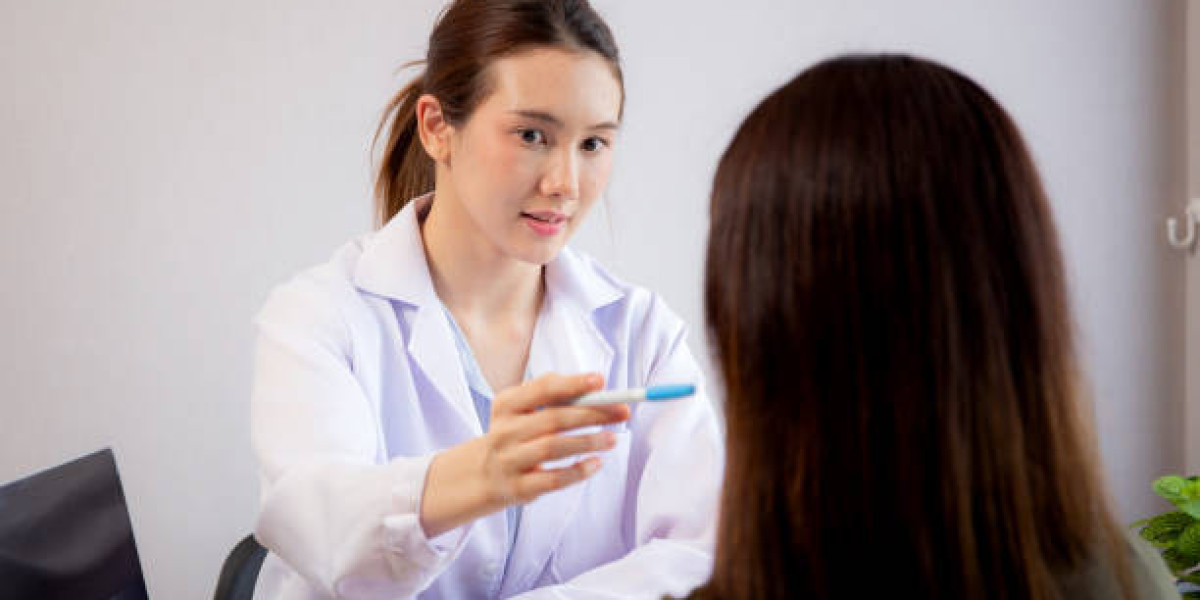Understanding Skin Cancer: A Growing Concern in the Middle East
Skin cancer, though often associated with countries that have predominantly fair-skinned populations, is a growing concern in sun-rich regions like the Middle East. The prolonged exposure to ultraviolet (UV) radiation, intense heat, and changing environmental factors have contributed to a rise in skin-related conditions across the region.
In Saudi Arabia, particularly in Riyadh, the desert climate and lifestyle lead many to experience excessive sun exposure. Consulting a Dermatologist in Riyadh is not just about skincare—it’s a vital step in early detection and prevention of life-threatening skin conditions like melanoma and other types of skin cancers.
Why Skin Cancer Awareness Is More Important Than Ever
Despite technological advancements in dermatology, skin cancer is often overlooked until it reaches advanced stages. Awareness campaigns are crucial, but personal vigilance plays an even bigger role. Recognizing the early signs of skin cancer—like changes in moles, new growths, or persistent skin irritation—can make all the difference.
An experienced Dermatologist in Riyadh plays a key role in identifying these early warning signs, providing accurate diagnosis, and guiding patients through treatment options. Regular check-ups and skin screenings are essential, especially for individuals with high-risk factors.
Common Types of Skin Cancer You Should Know
Basal Cell Carcinoma (BCC)
Basal cell carcinoma is the most common form of skin cancer. It typically appears as a pearly bump or a pinkish patch of skin. While BCC rarely spreads, early treatment is crucial to avoid tissue damage.
Squamous Cell Carcinoma (SCC)
Squamous cell carcinoma often appears as a red, scaly lesion or wart-like growth. It may bleed or crust and is more likely to spread than BCC if not treated promptly.
Melanoma: The Most Dangerous Type
Melanoma is less common but more aggressive. It can develop in existing moles or appear as new dark spots on the skin. Melanoma requires immediate medical attention due to its ability to spread rapidly to internal organs.
Risk Factors That Increase Your Chances of Skin Cancer
Sun Exposure
Living in Riyadh means dealing with intense sun nearly year-round. Without proper sun protection, UV radiation significantly increases your risk of developing skin cancer.
Skin Type
Fair-skinned individuals are at higher risk, but darker skin tones are not immune. Skin cancer in darker skin often goes undetected until it’s in advanced stages.
Family History
A genetic predisposition to skin cancer also raises your risk. If someone in your family has had skin cancer, it’s wise to schedule regular appointments with a Dermatologist in Riyadh.
Tanning Practices
Using tanning beds or intentionally tanning outdoors can accelerate skin damage. Avoiding artificial tanning methods and using high-SPF sunscreen are basic yet effective prevention methods.
The Role of Dermatologists in Early Detection and Prevention
Comprehensive Skin Checks
One of the best ways to detect skin cancer early is through full-body skin examinations. Dermatologists are trained to spot suspicious lesions and changes in skin texture or color that may indicate cancer.
Biopsy and Diagnosis
If a suspicious spot is found, a dermatologist will perform a biopsy to analyze the skin tissue. This confirms the presence and type of cancer, guiding treatment decisions.
Personalized Prevention Plans
Every skin type and history is different. A Dermatologist in Riyadh can help craft a personalized skin care and sun protection plan to reduce your future risk.
When Should You See a Dermatologist?
If You Notice Any Skin Changes
Monitor your skin for any changes in size, shape, or color of moles and spots. Persistent itching, bleeding, or crusting are also warning signs.
Annual Skin Screenings
Even if you don’t notice any abnormalities, annual screenings are recommended—especially for people living in high UV-index regions like Riyadh.
After Severe Sunburns
If you’ve experienced multiple sunburns, particularly during childhood or teenage years, your risk for skin cancer is significantly increased. A dermatologist can evaluate any lasting skin damage.
Skin Cancer Prevention Tips for Residents in Riyadh
Use Broad-Spectrum Sunscreen Daily
Choose a sunscreen with at least SPF 30 and reapply every two hours. It’s essential, even on cloudy days.
Wear Protective Clothing
Opt for long sleeves, wide-brimmed hats, and UV-blocking sunglasses when stepping out during peak sun hours (10 AM – 4 PM).
Seek Shade
Try to stay in shaded areas, especially during midday. If you’re frequently outdoors, invest in UV-blocking window films for your car and home.
Stay Hydrated and Moisturized
Riyadh’s dry climate can weaken your skin’s natural barrier. Hydration and moisturizing help maintain skin health and resilience against sun damage.
How to Perform a Skin Self-Exam
Step-by-Step Self-Check Guide
Stand in front of a full-length mirror: Start from your face and work your way down.
Examine all body parts: Don’t forget hidden areas like the scalp, underarms, between toes, and behind ears.
Use a hand mirror: For hard-to-see places like your back or buttocks.
Look for the ABCDEs of Melanoma:
Asymmetry
Border irregularity
Color variation
Diameter larger than 6mm
Evolving shape or size
The Psychological Impact of Skin Cancer
Anxiety and Uncertainty
A skin cancer diagnosis can be mentally overwhelming. The uncertainty of the condition and fear of it spreading causes anxiety in many patients.
Support and Counseling
Seeking help from support groups or mental health professionals is beneficial. Dermatologists often work with other specialists to provide holistic care, addressing both the physical and emotional sides of cancer.
What Makes Riyadh’s Dermatology Expertise Stand Out?
Riyadh has become a center of excellence in medical and dermatological care in the Middle East. The city is home to well-trained dermatologists who are adept in both advanced diagnostics and skin cancer treatment protocols.
Whether it’s the latest diagnostic tools or cutting-edge treatment options, patients benefit from globally-aligned standards when they consult a Dermatologist in Riyadh.
FAQs
What are the early signs of skin cancer I should look for?
Look for new or changing moles, skin sores that don’t heal, or any unusual skin growths. Changes in color, size, or texture are often warning signs.
How often should I visit a Dermatologist in Riyadh for a skin check?
Annually is ideal for most people, but those with higher risk factors (like a family history of skin cancer or fair skin) may need more frequent visits.
Can people with darker skin tones still get skin cancer?
Yes, absolutely. While less common, skin cancer can still affect darker skin tones. It’s often diagnosed at later stages, making early detection even more critical.
Is sunscreen necessary if I’m indoors most of the day?
Yes. UV rays can penetrate windows, especially in high-UV areas like Riyadh. Applying sunscreen daily is recommended regardless of your indoor/outdoor habits.
Final Thoughts
Skin cancer is preventable and treatable, especially when caught early. By being proactive with regular screenings and daily sun protection, you're already taking a major step toward skin health.
Consulting a Dermatologist in Riyadh gives you access to expert care tailored to your unique needs and environment. Whether it’s for prevention, early detection, or treatment, make your skin health a priority today.












